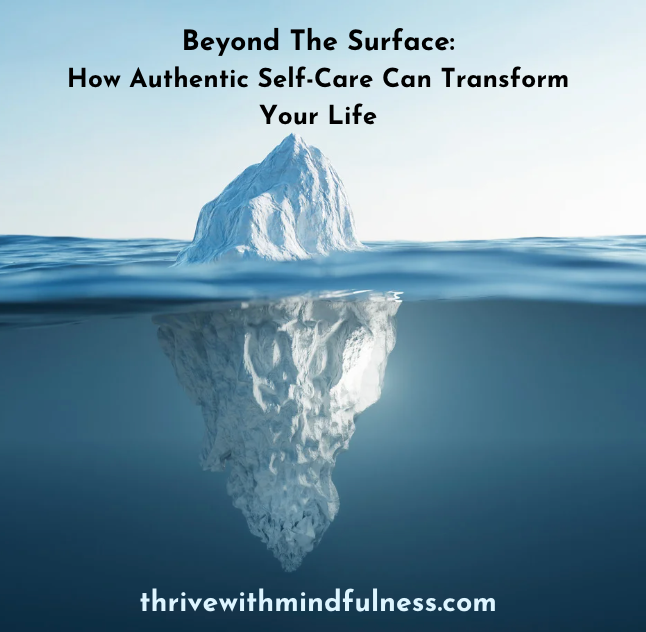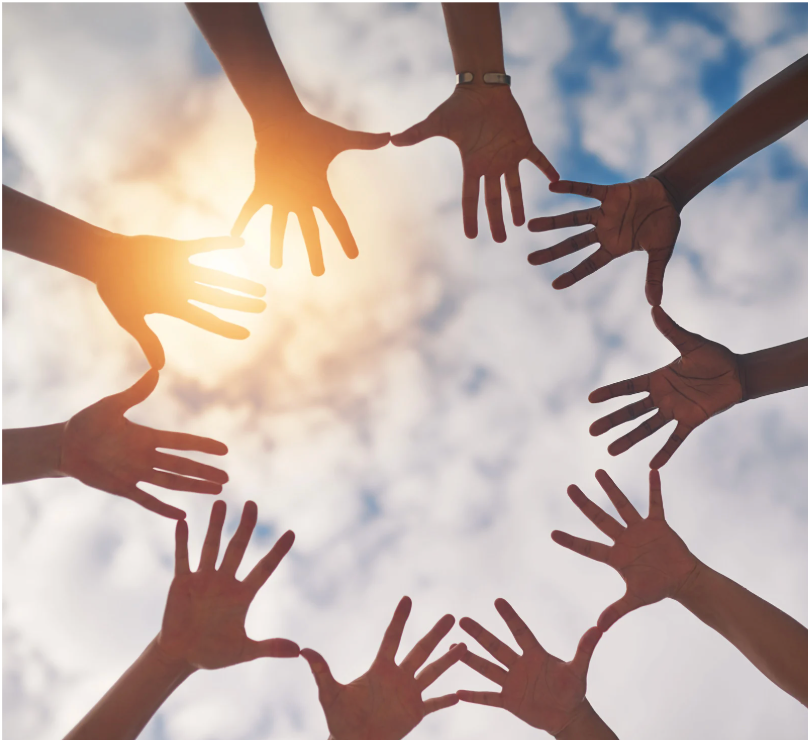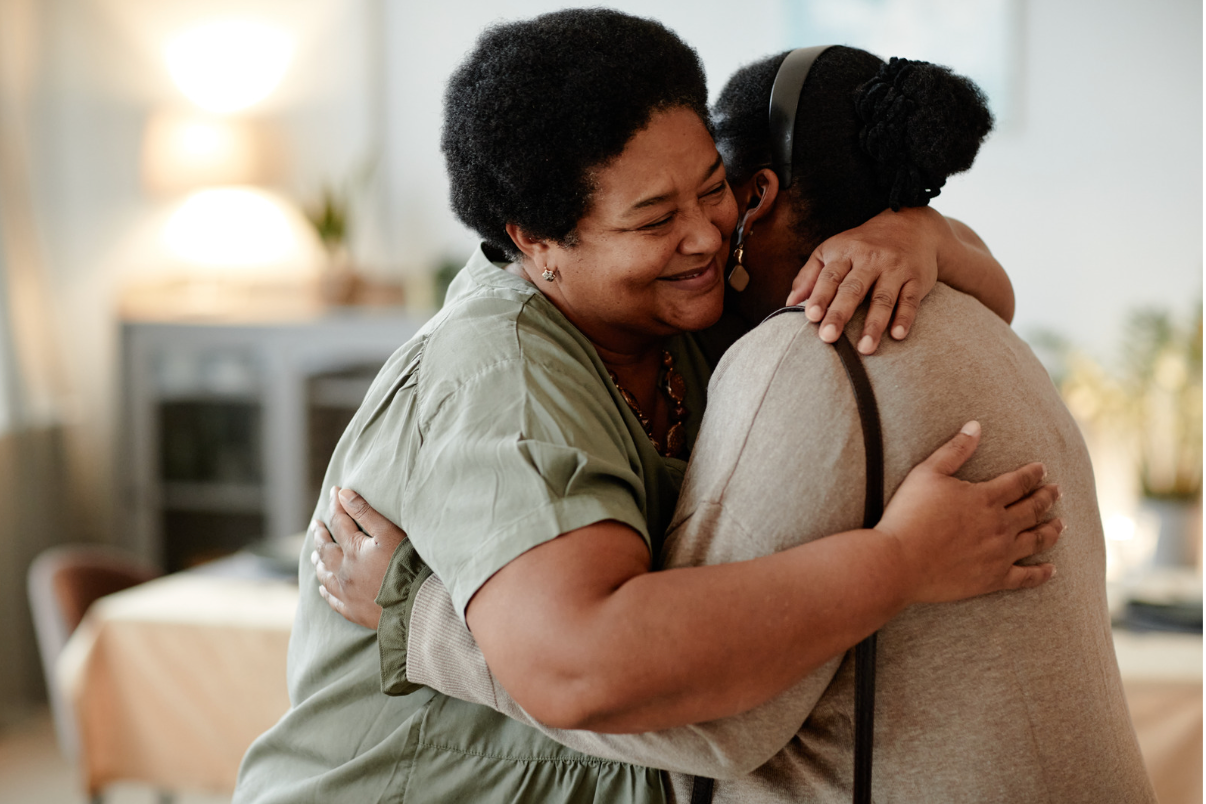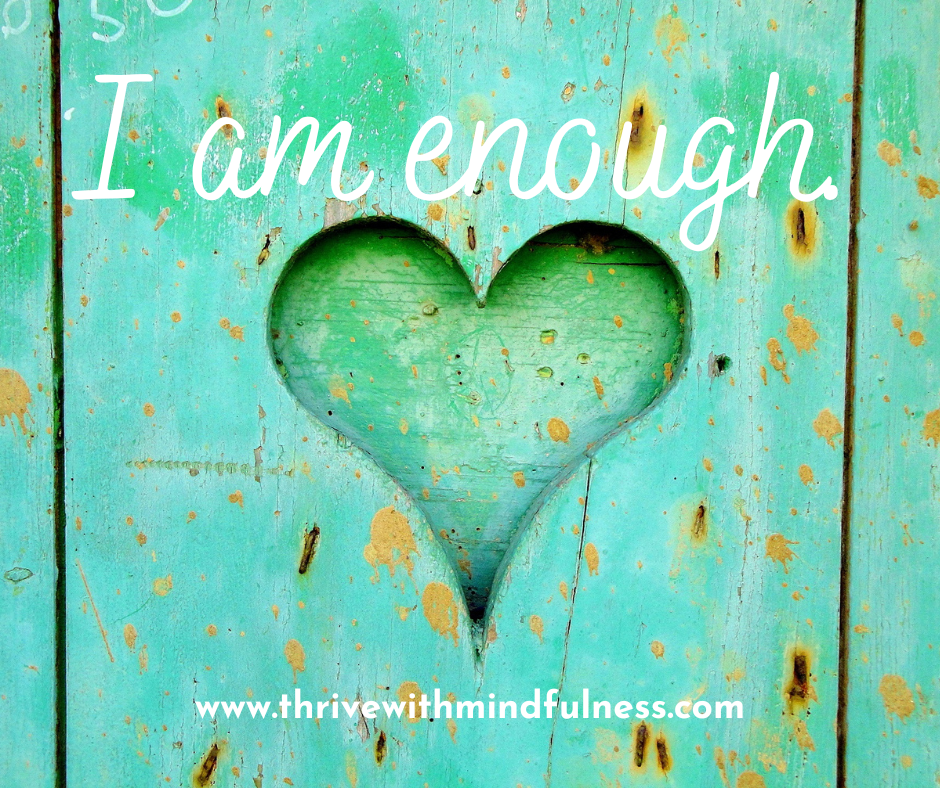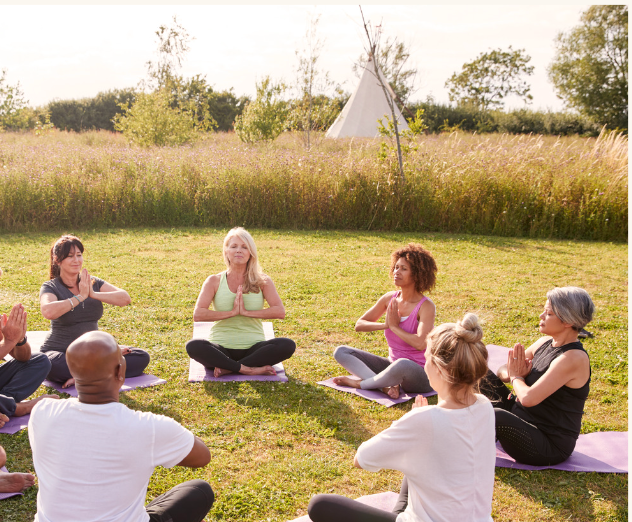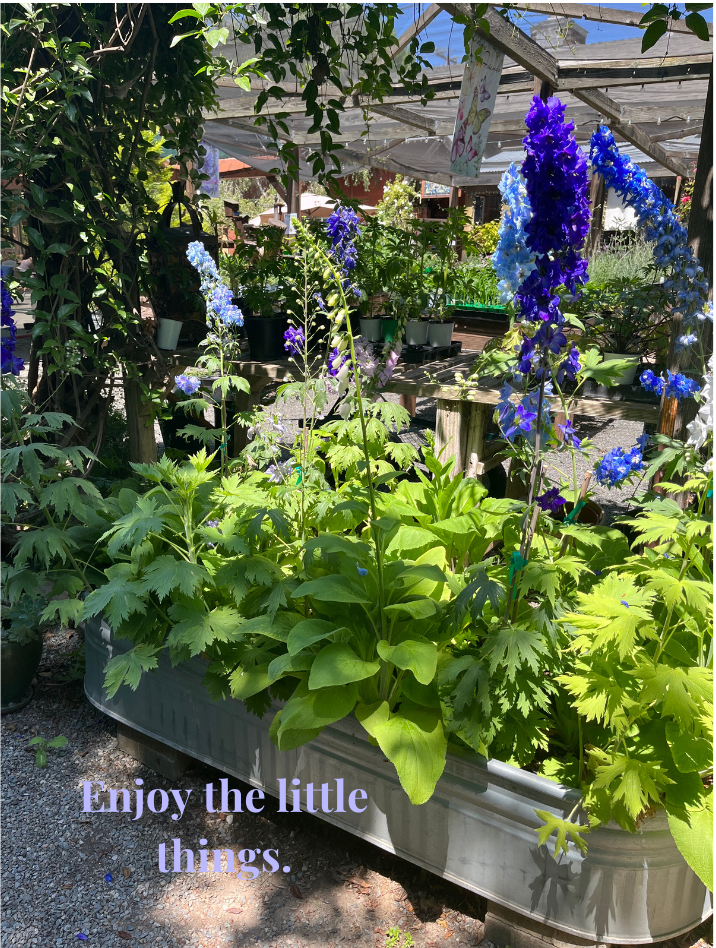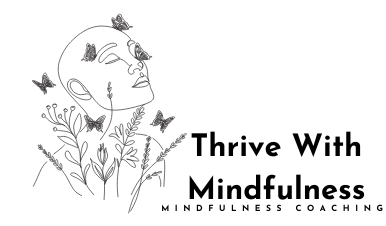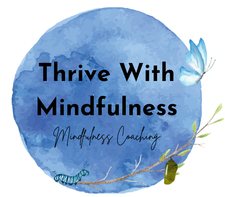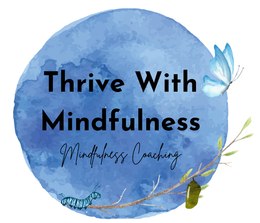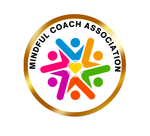By Traci Mausolf
•
December 11, 2024
Introduction In today's fast-paced world, finding inner peace and cultivating genuine relationships is more important than ever. This month, let's explore the transformative power of acceptance. The Power of Acceptance “Acceptance of one’s life has nothing to do with resignation; it does not mean running away from the struggle. On the contrary, it means accepting it as it comes… To accept is to say yes to life in its entirety.” - Paul Tournier This quote perfectly captures our theme for this month: Acceptance. Acceptance is one of the 4 A's. The other A's are Attention, Affection, and Appreciation. Over the past several weeks, we've delved into each of these principles, learning how they help us feel safe, confident, and secure in our relationships. These are essential elements for building healthy friendships and family bonds. The Essence of Acceptance Think of a relationship that feels effortless, where you can just relax and be yourself, knowing you are loved no matter what. This is the essence of acceptance. When we feel accepted, we can relax and just be ourselves, knowing that we are safe and loved—faults and all. Three Levels of Acceptance There are three levels of acceptance we need to be aware of: Acceptance of the Present Moment: We can accept that this moment is perfect, pure, and whole, and that every moment leading up to this one was exactly as it was meant to be. Imagine this moment as the magnificent culmination of all our choices, experiences, and every second that has ticked by this year. It couldn’t be any other way. Acceptance of Ourselves: We can accept that we are divine beings living in human bodies for the span of a lifetime. We have made choices and decisions throughout our lives from our highest level of consciousness at the time. Even though there are choices we may regret, they are carved in stone. We must accept them, forgive ourselves, and make better choices in the future. Acceptance of Others: We can accept others for who they are—not as we wish they would be. This means allowing people’s differences, quirks, and unique vibrations to just be, without trying to fit them into our box of how the world is supposed to be. Allowing others to be as they are is a profound act of acceptance. The Importance of Acceptance in Today's World Understanding these three levels of acceptance could keep us busy for several lifetimes. However, understanding the essence of acceptance is of utmost importance, especially in our current world situation where conflicts, unrest, and widespread discomfort are on the rise. Moving Forward with Acceptance I invite you to integrate this understanding into your life. Recognize that every moment of the past is carved in stone. To evolve our lives, improve our situation, or find deeper fulfillment, we must own the present moment. Level two is where many of us get stuck. We are our toughest critics, remembering all the moments where we felt less than perfect. However, in those moments, we did our best from our own level of consciousness. We didn’t have access to a crystal ball to foresee consequences, and perhaps we didn’t fully explore the depth of our actions. Choices: Self-Blame or Self-Acceptance So we have two clear choices: Blame Ourselves: Beat ourselves up for not being clairvoyant and diminish our happiness by continuously blaming ourselves. Accept and Learn: Accept the past as a lesson so we can make better choices and find deeper fulfillment in life. Blaming ourselves is both unnecessary and harsh. It uses up all our energy and doesn’t help us in any way. In all areas of life, the ability to step beyond the moment of blame and accept our individual missteps separates the winners from the losers. The ability to accept that we did our best at the time allows us to step out of the past and into the present, which is rich, fresh, and filled with possibilities. Those stuck in self-pity or finger-pointing are trapped in the past. They will stay there because they refuse to accept what is set in concrete. One example of this is that we can keep complaining about the rain or accept that it’s raining, find an umbrella, and dance in the cleansing fall. When we accept our decisions, we can move forward and make new, proud, exciting, restorative choices. In the words of davidji, "We get to choose. We are choice-making beings. No one can ever take that away from us—not even ourselves. We just need a little reminder now and then." Wishing you a month of many conscious decisions and intentional living, Traci To support your journey, I'm committed to making mindfulness accessible to all women. Thrive With Mindfulness offers various ways to help you connect, grow, and thrive: Virtual Monthly Meetups: Complimentary sessions that provide a heart-centered, safe space for women to connect, bond, and share their experiences. Group Coaching: Join a community of like-minded women to explore mindfulness and support each other’s growth. 1:1 Coaching: Personalized sessions tailored to your individual needs, helping you navigate your unique path with mindfulness. In-Person Events: Connect with others in a more intimate setting, fostering deeper relationships and personal growth. Online, On-Demand Courses: Access mindfulness practices and teachings at your own pace, from the comfort of your home. Join our next virtual meetup on August 6th from 7PM-8PM CET , where we'll discuss what it means to live with intention. This complimentary meetup is designed to provide a supportive environment for women to genuinely connect and thrive through mindfulness. If you'd like to join, please email me at traci@thrivewithmindfulness.com to register.

